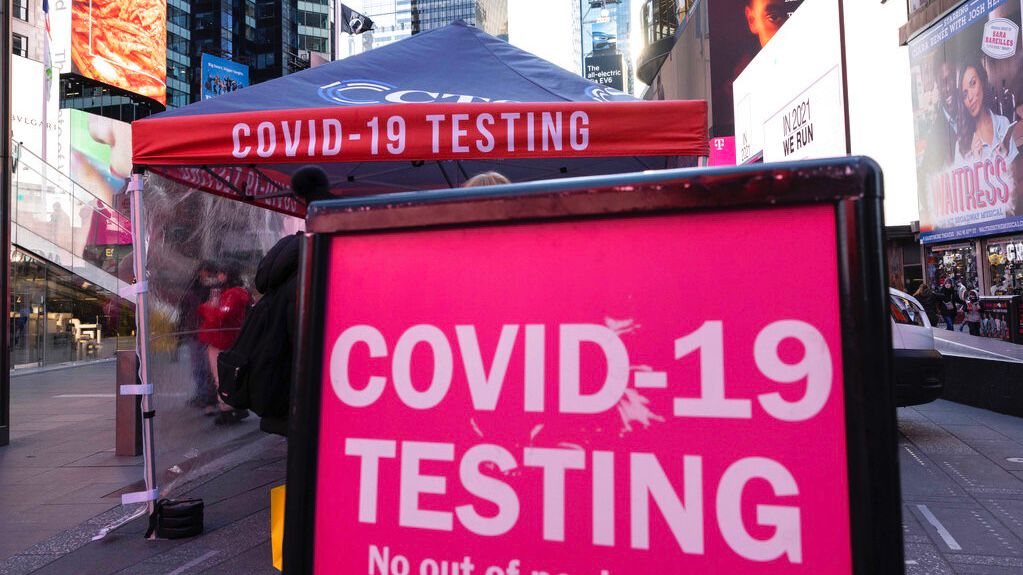In the more than four years since the World Health Organization declared COVID-19 a global pandemic, about 400 million people have experienced long COVID, according to a new report published in Nature Medicine Friday.
Persistent health problems after an initial COVID infection manifest in multiple ways and can last for weeks, months or years.
“Long COVID can have devastating impacts on individual lives and, due to its complexity and prevalence, it also has major ramifications for health systems and economies,” the researchers said.
The U.S. Centers for Disease Control and Prevention’s Household Pulse Survey found that 6.7% of U.S. adults were currently experiencing long COVID as of March.
Long COVID, according to the researchers, is “a complex, multisystem disorder that affects nearly every organ system, including the cardiovascular system, the nervous system, the endocrine system, the immune system, the reproductive system and the gastrointestinal system.”
It affects people of all ages from children to older adults, as well as people from different races and ethnicities, sexes and genders and with different health statuses.
The most common types of long COVID are brain fog, fatigue, tachycardia and post-exertional malaise.
The risk of long COVID varies by COVID variant. The Omicron variant, first detected in November 2021, had less long COVID risk than the Delta and pre-Delta variants that were most prevalent globally between June and November 2021, according to the study.
People who were vaccinated before becoming infected or who took antivirals while they were infected had a lower risk of long COVID.
People who were reinfected with COVID, however, were more at risk. Cumulatively, two infections created a higher risk of long COVID than one infection and three infections created a higher risk than two infections. Reinfections can make existing long COVID symptoms worse.
Individuals who had more severe COVID infections, including hospitalization, also had higher risks of developing long COVID. The majority of people who have been infected with COVID have had mild symptoms. Still, they make up 90% of those with long COVID.
Data about long COVID recoveries are lacking, the researchers said, but indicate that recovery rates have typically been low at one year. Just 7 to 10% of people with long COVID have fully recovered after two years, according to several studies. Long COVID that manifests as heart disease, diabetes and fatigue syndrome can last a lifetime.









